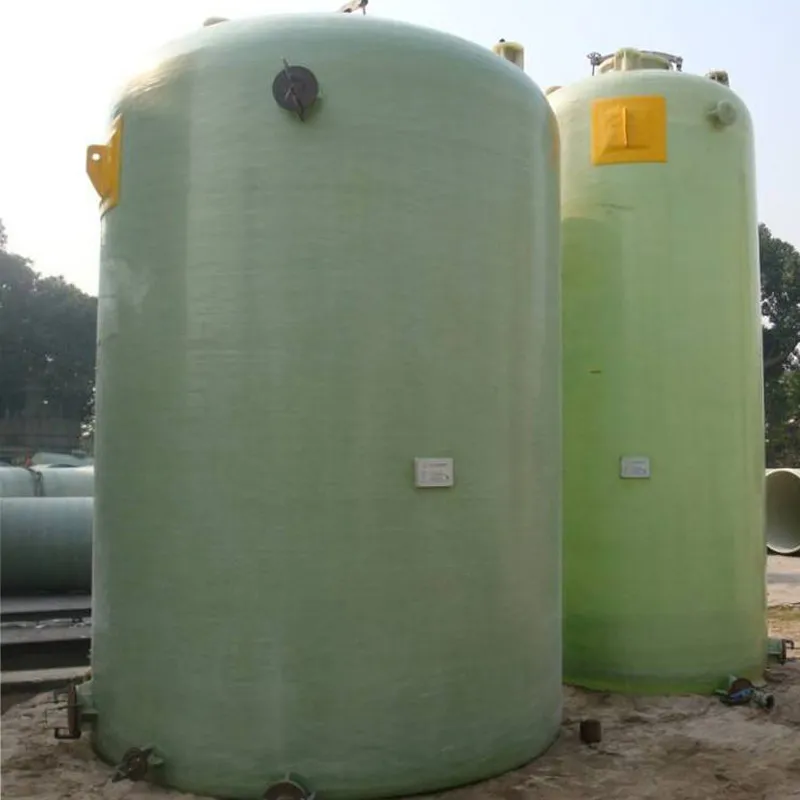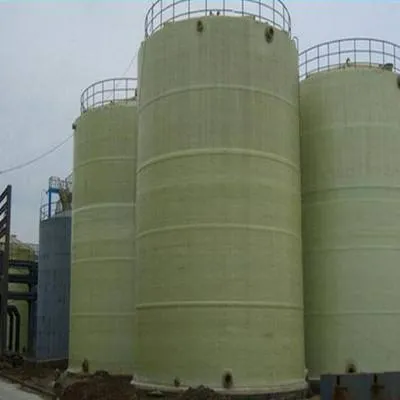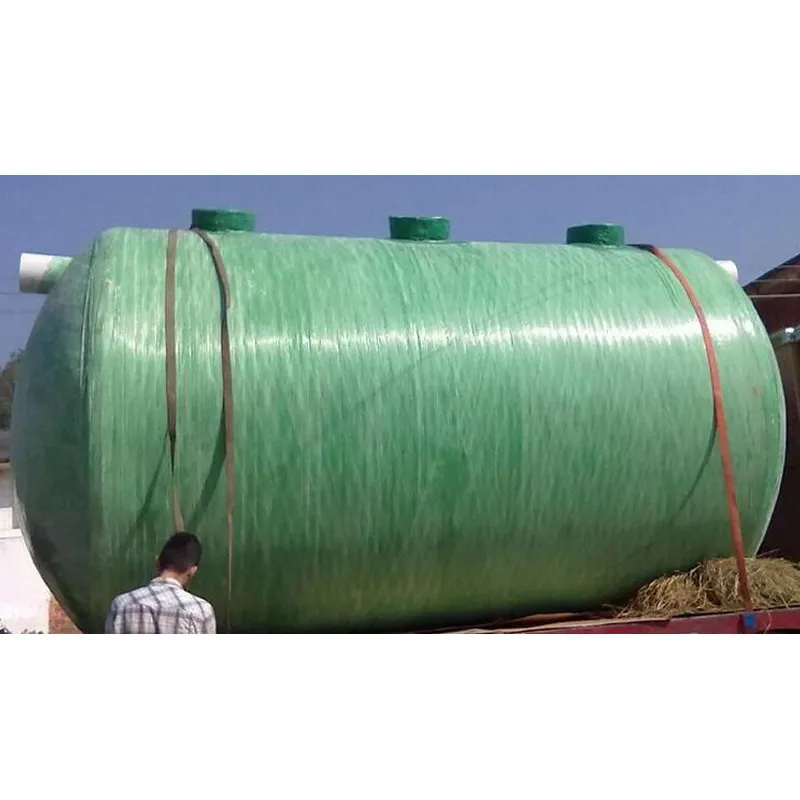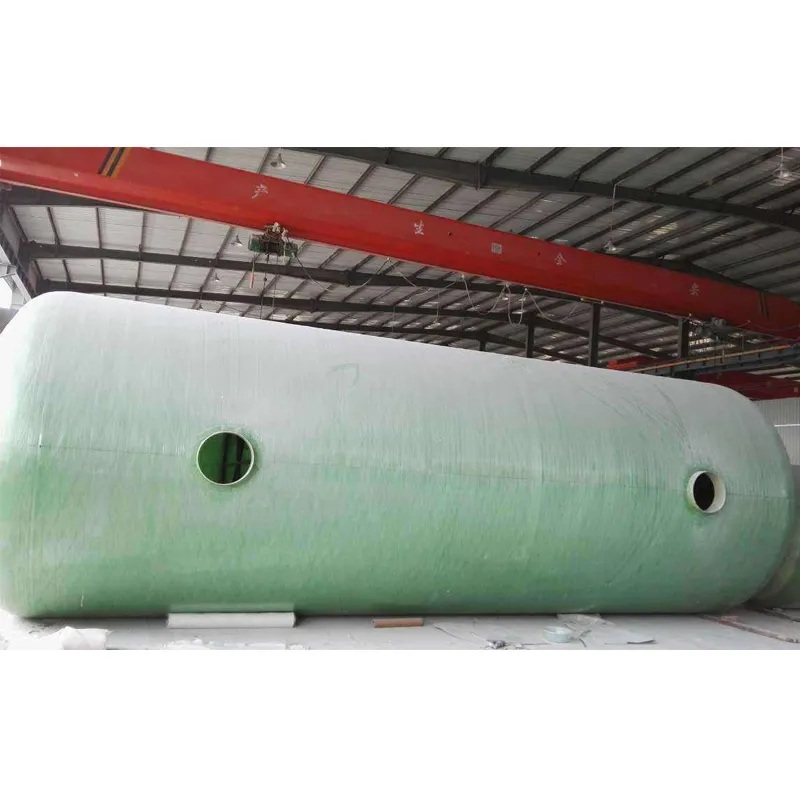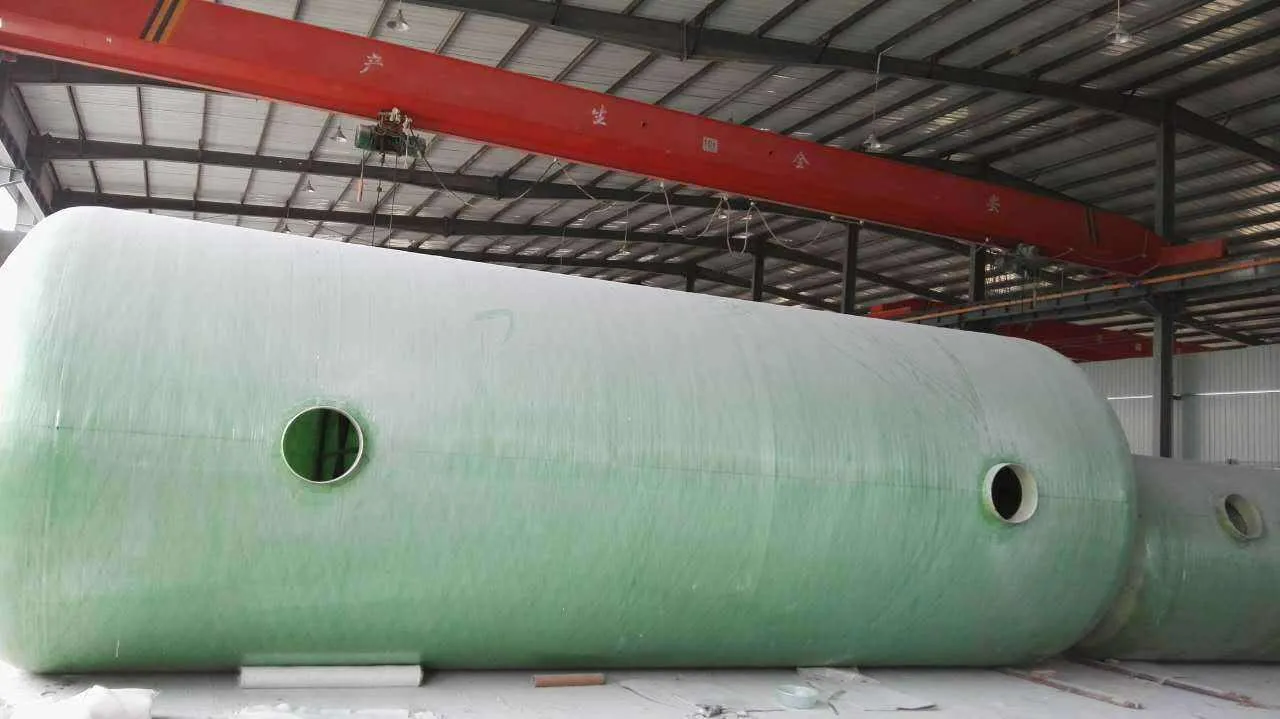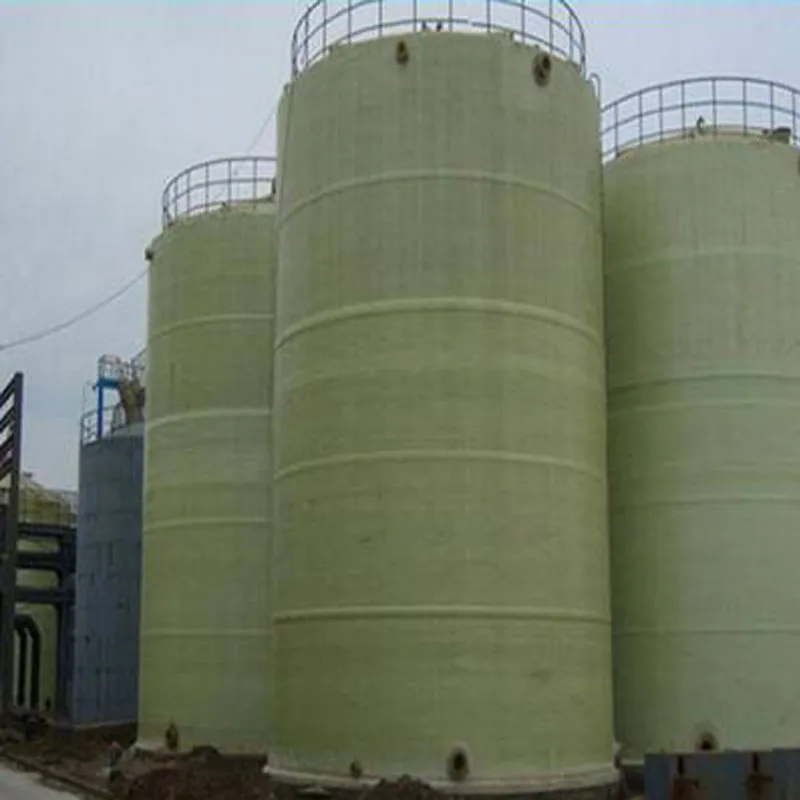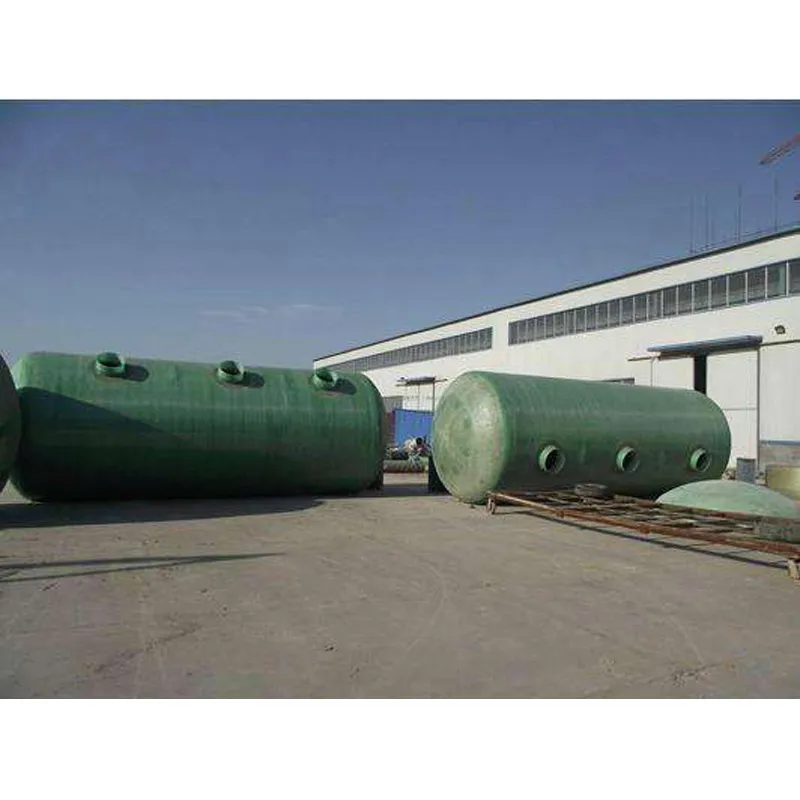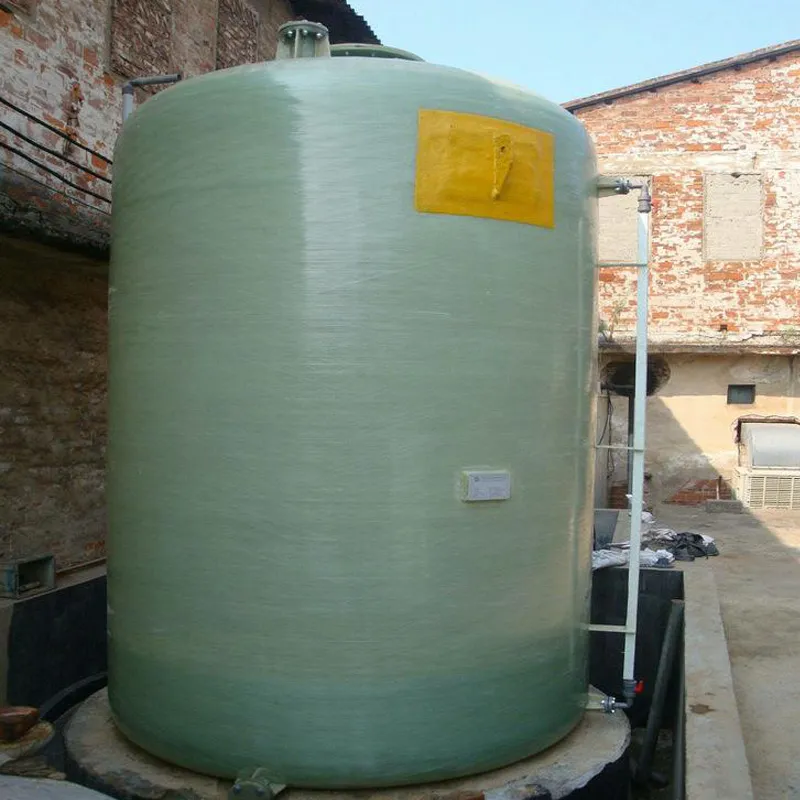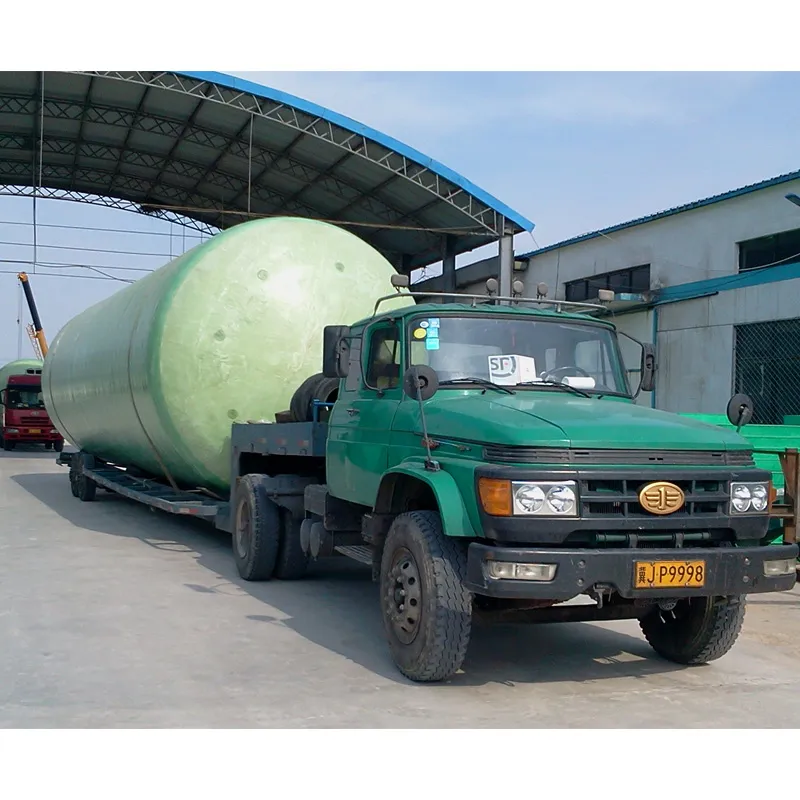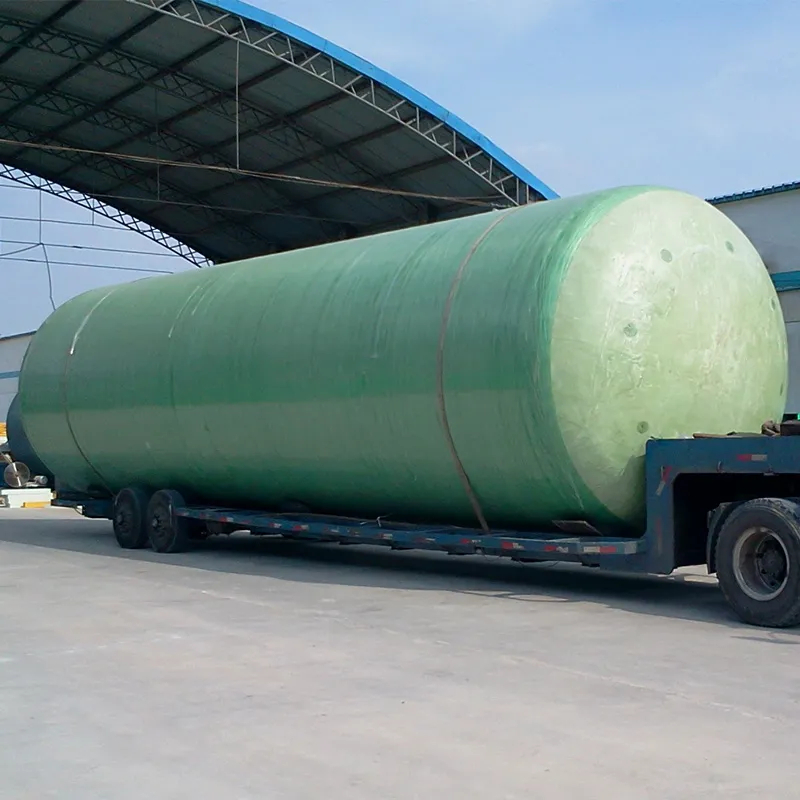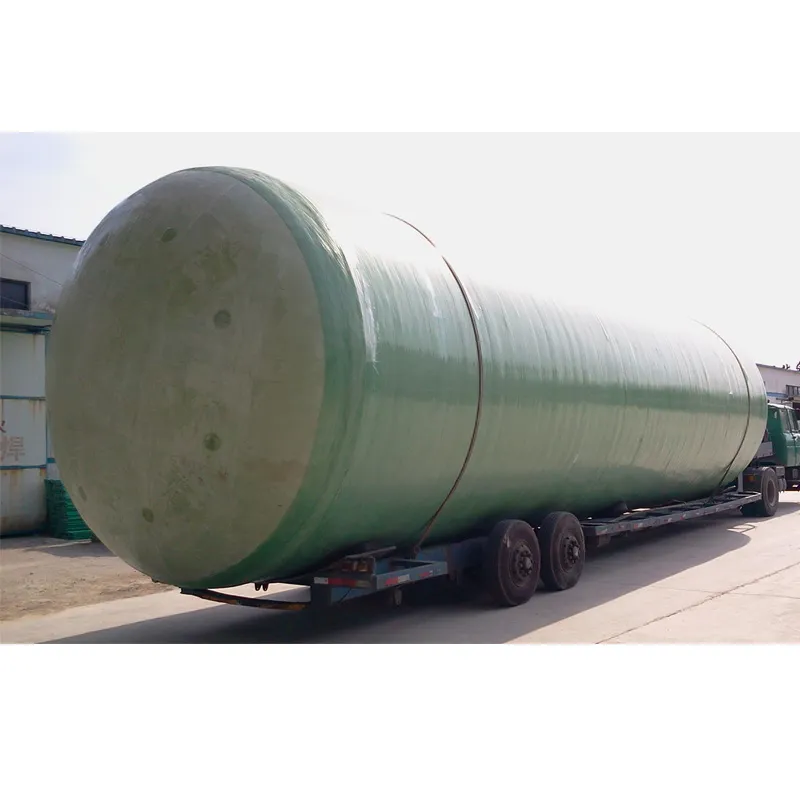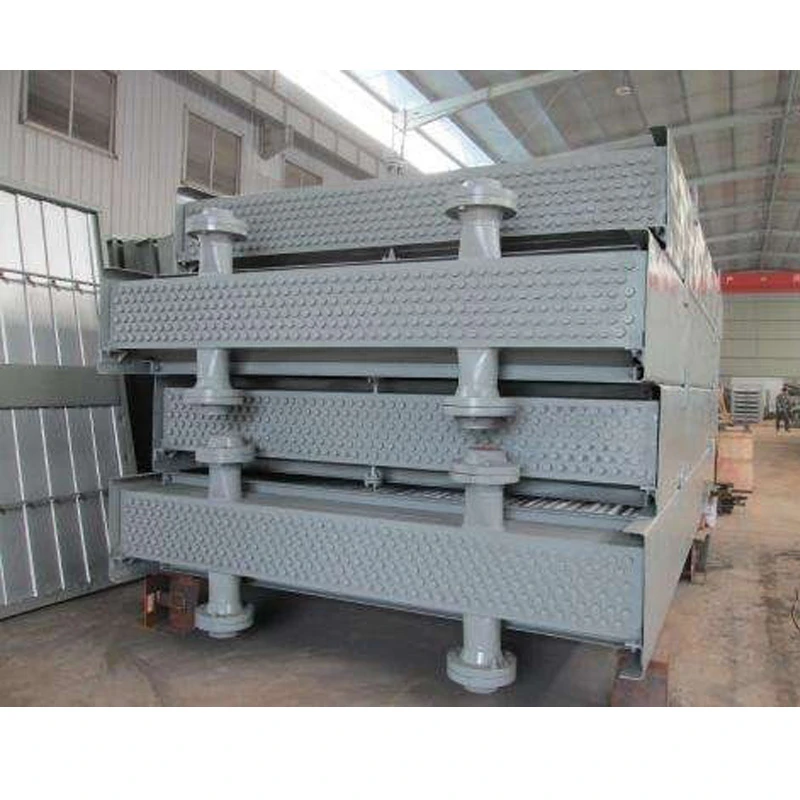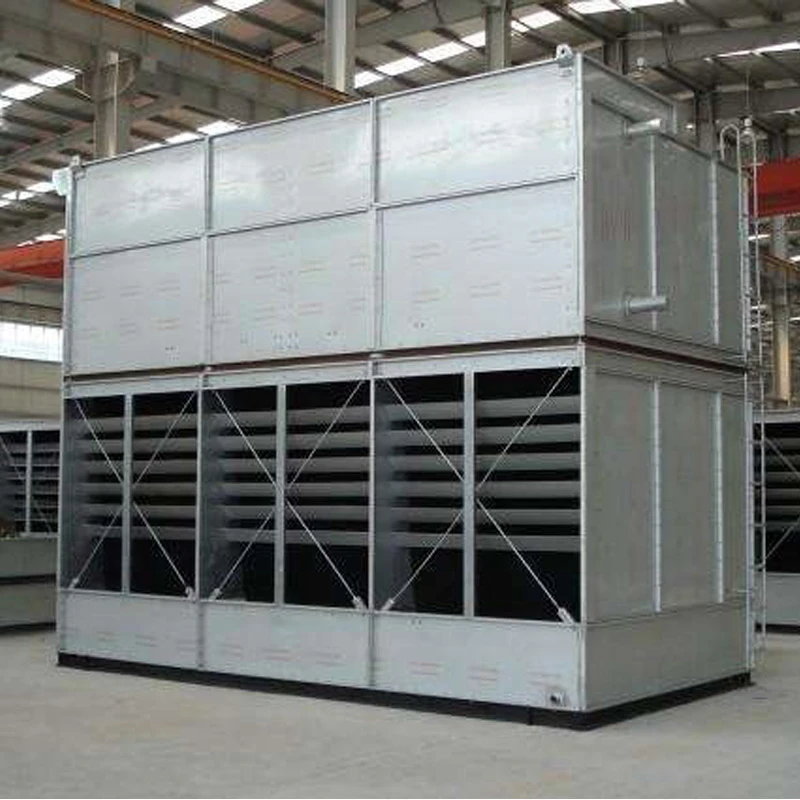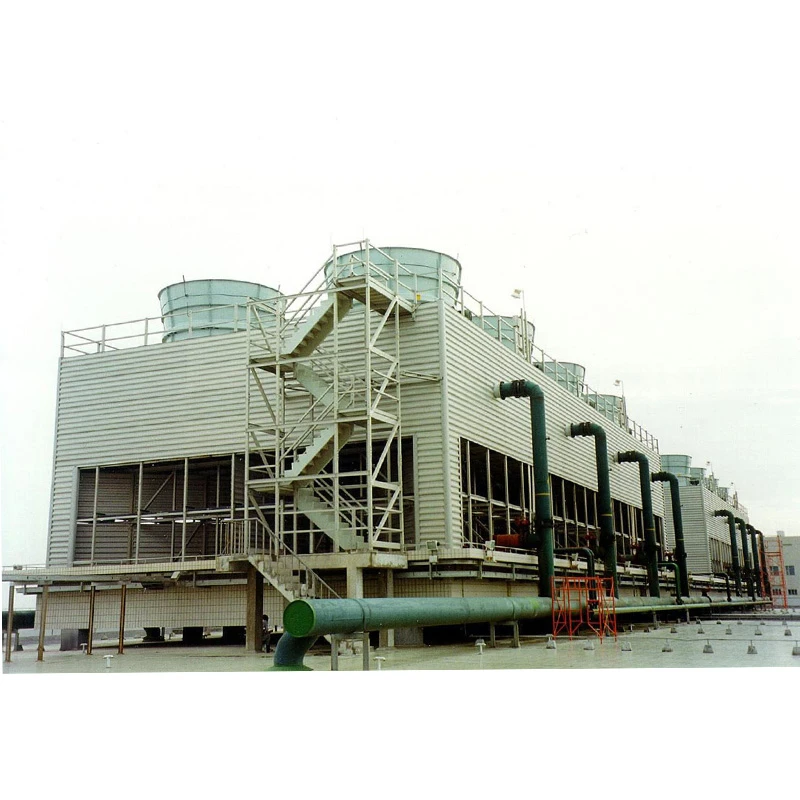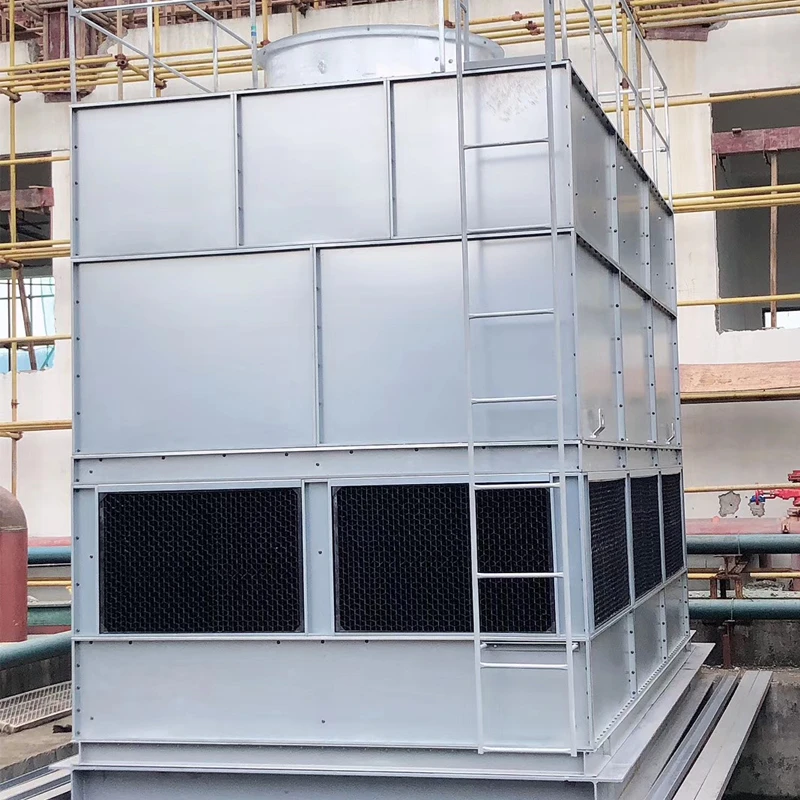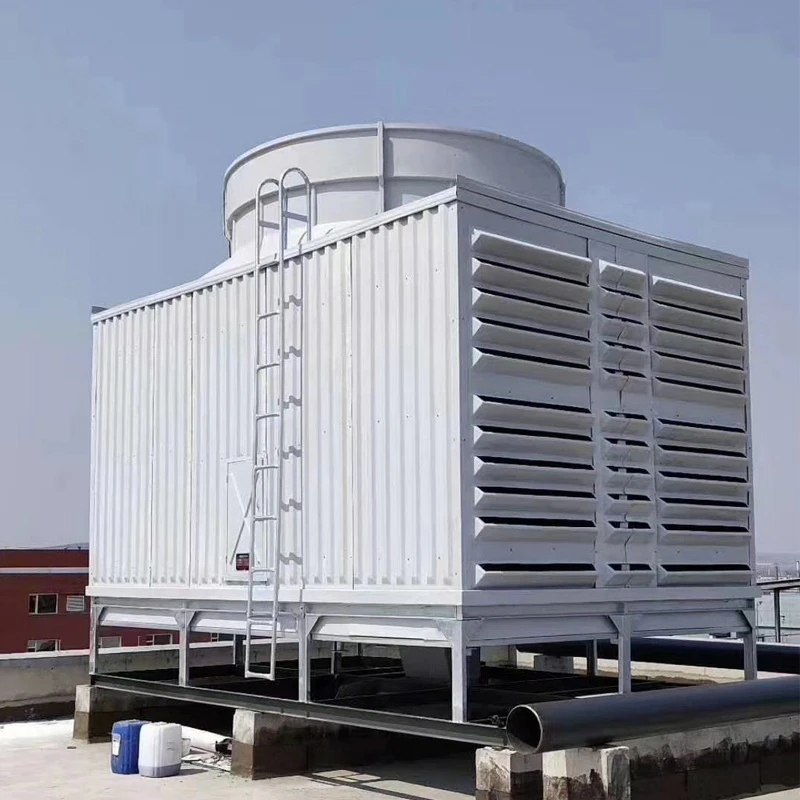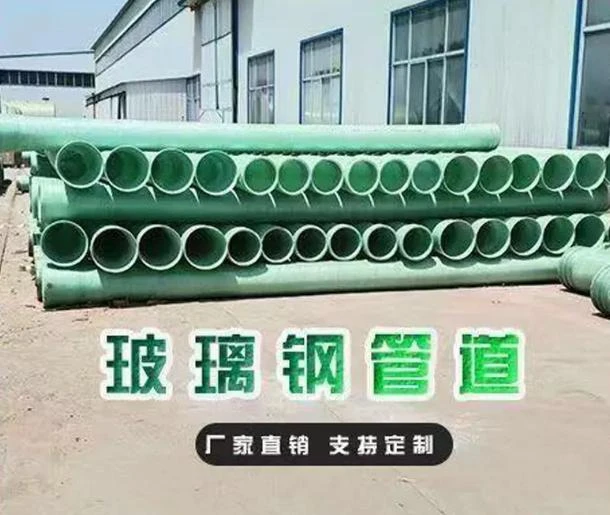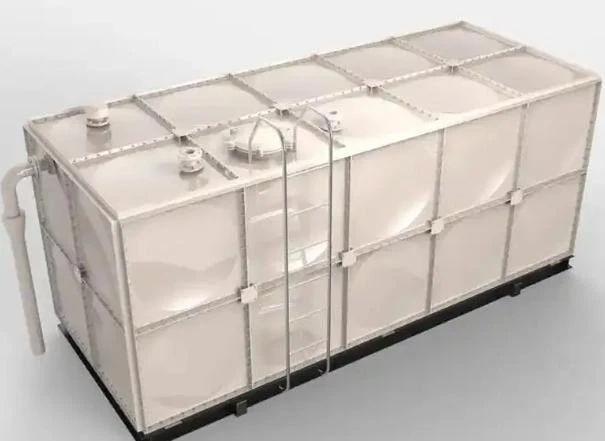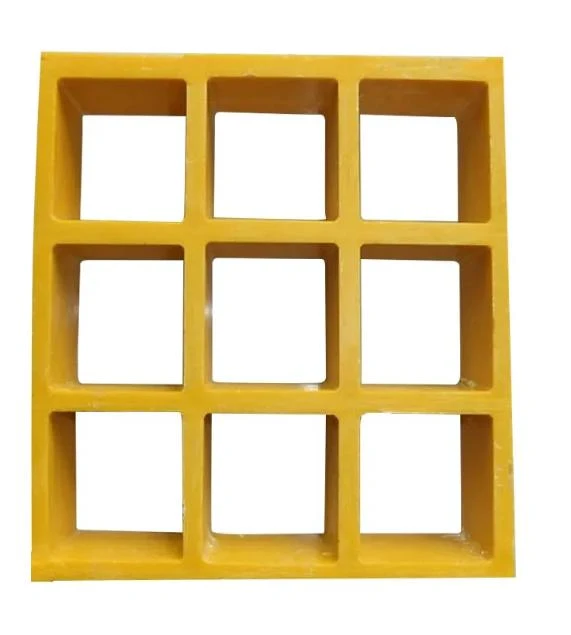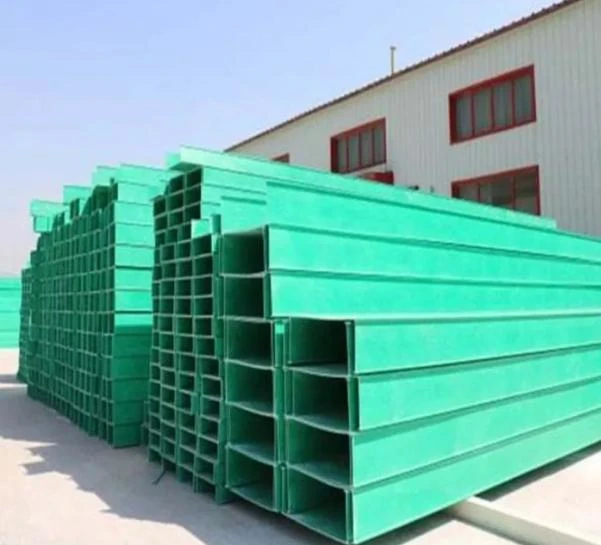

We Are Open 24 Hours a Day, 7 Days a Week, Including Weekends and Public Holidays.
Advantages of Fiberglass (FRP) Hydrochloric Acid Tanks
Fiberglass Reinforced Plastic (FRP) tanks are widely recognized as an optimal solution for storing hydrochloric acid (HCl) due to their exceptional resistance to corrosion, durability, and adaptability. Below is a detailed overview of their key advantages, supported by technical insights and industry applications:
- 1.Superior Corrosion Resistance
FRP tanks excel in resisting HCl’s aggressive nature. The composite material—glass fibers embedded in a resin matrix—creates a non-reactive barrier that prevents acid penetration. Unlike metals or concrete, FRP does not corrode, rust, or degrade, even with prolonged exposure to HCl concentrations up to 35%. This makes FRP tanks ideal for long-term chemical storage in industries like pharmaceuticals, chemical manufacturing, and metal processing.
2. Lightweight and Easy Installation
FRP tanks are 50–70% lighter than steel or concrete alternatives. Their modular design allows for easy transportation and on-site assembly, reducing labor costs and eliminating the need for heavy machinery. This feature is particularly advantageous in remote or space-constrained facilities.
- 3.Long Service Life and Durability
Studies estimate FRP HCl tanks can last **20–30 years** under proper maintenance. The material’s structural integrity resists cracking, UV radiation, and extreme temperatures, ensuring reliable performance in harsh environments. For example, FRP tanks maintain strength even when exposed to fluctuating thermal conditions common in outdoor installations.
4. Leak-Proof and Hygienic Design
The seamless construction of FRP tanks eliminates joints or welds, minimizing leakage risks. Their smooth interior surface prevents sediment buildup and bacterial growth, crucial for maintaining HCl purity in applications like semiconductor manufacturing or laboratory use.
5. Customizable and Cost-Effective
FRP tanks can be tailored to specific needs:
Size and Shape: Modular panels allow customization for capacities ranging from 1m³ to 1,000m³.
Fittings: Integrated features like manholes, vents, and insulation layers enhance functionality.
While initial costs may exceed alternatives, FRP’s low maintenance requirements (e.g., no rust prevention or frequent repairs) result in long-term savings.
6. Environmental Sustainability
FRP is recyclable and produces fewer carbon emissions during manufacturing compared to metals. Additionally, their leak-resistant design prevents soil or water contamination, aligning with environmental regulations.
7. Thermal and Chemical Stability
FRP’s low thermal conductivity helps stabilize stored HCl’s temperature, reducing evaporation or degradation risks. The material also resists chemical reactions with HCl, ensuring safe storage without hazardous byproducts.
8. Safety Compliance
FRP HCl tanks meet stringent safety standards for chemical storage, including resistance to fire and seismic activity. Their non-conductive properties further enhance safety in electrically sensitive environments.
Applications of FRP Hydrochloric Acid Tanks
Chemical Processing: Safe storage of HCl for industrial synthesis.
Wastewater Treatment: Acid neutralization and pH adjustment.
Electronics Manufacturing: High-purity HCl storage for chip etching.
Қорытынды
FRP hydrochloric acid tanks offer unparalleled corrosion resistance, durability, and customization, making them a premier choice for industries requiring reliable HCl storage. Their combination of lightweight design, environmental benefits, and compliance with safety standards ensures long-term value. For technical specifications, consult manufacturers like *Hebei Longxuan* or refer to studies on FRP degradation behavior in HCl environments.
Біздің тұтынушылар біз туралы не айтады
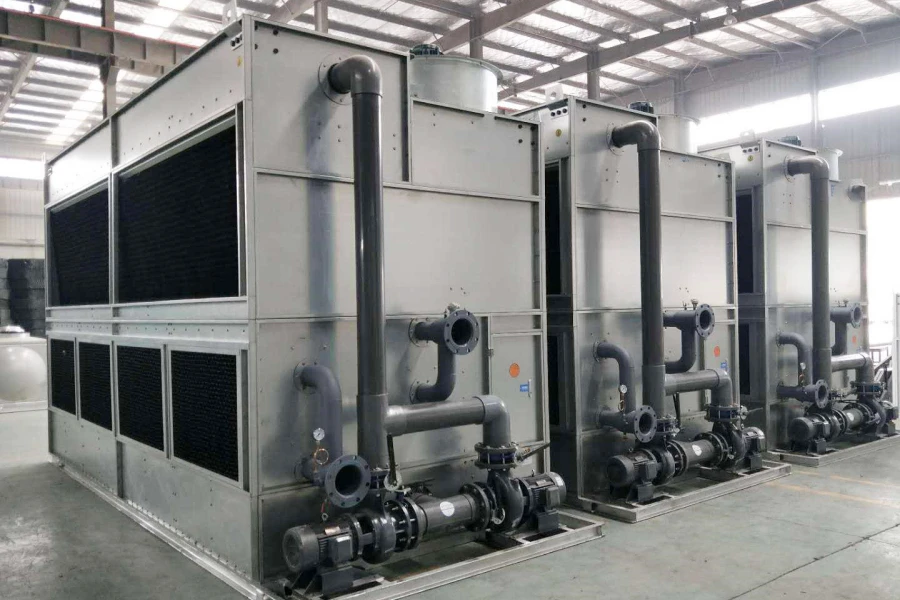






Мекенжай
Xingyuan South Street, 20, Заоцян округі, Хэншуй қаласы, Хэбэй провинциясы, Қытай








